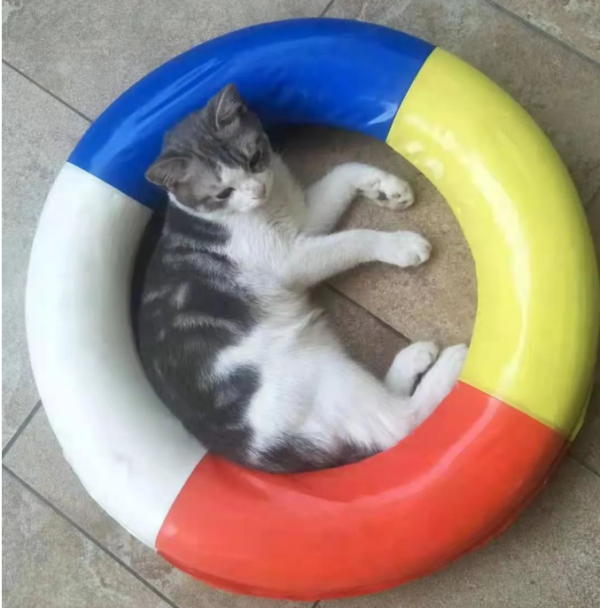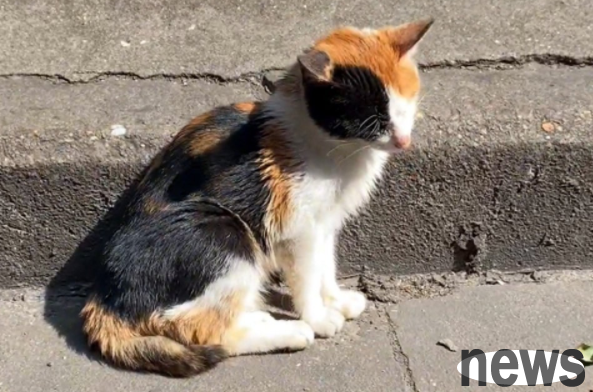Study shows cats can transmit coronavirus
Scientists in the United States and Japan have confirmed that cats are easily infected with the SARS-CoV-2 virus (the virus that causes COVID-19). Although they show no symptoms, they can infect other cats.
This research report was published in the New England Journal of Medicine. Researchers injected three cats with the new coronavirus isolated from humans. The next day, the researchers tested the nasal passages of three cats for viruses. They detected the new coronavirus in two of the cats. On the third day, they detected the virus in all three cats. A day later, the researchers placed another cat in each of the three cages where the three cats were located. These later cats were not injected with the virus. Researchers will test the cats' nasal passages and rectum every day to see if the new coronavirus is present. Two days later, one of the cats, which had not been previously infected with COVID-19, detected COVID-19 in its nose, and six days later, the virus was decreasing in the cat's body. No coronavirus was detected in any of the cats during intrarectal viral testing. On day six, each cat had shed the coronavirus through its nasal passages. For them, the new coronavirus is not fatal, and they do not show any symptoms of illness.
One of the researchers, Yoshihiro Kawaoka of the University of Wisconsin in the United States, said: "For us, this is an important finding... There are no symptoms of disease in cats." Studies have shown that cats can become infected with the new coronavirus when they are exposed to people or cats infected with the new coronavirus. Peter Halfman, another author of the study report, said: "People should pay attention to this. If infected people are isolated at home, in addition to being careful about transmitting the virus to their children or spouses, they should also be careful about transmitting the virus to pets at home."

Both researchers recommended that people with symptoms avoid contact with cats. They also recommend that cat owners keep their cats indoors and avoid contact with other people or animals. However, researchers pointed out that human-to-human transmission is still the main way of spreading the new coronavirus. There is currently no evidence to prove that the virus in cats can be easily transmitted to humans, and there is no research to prove that human illness is due to contact with cats.
However, there are indeed examples of cats testing positive for the new coronavirus due to close contact with sick people. Several cats at New York's Bronx Zoo have tested positive due to exposure to infected people. While the cats showed mild signs of respiratory illness, they are expected to make a full recovery.
Experiments have proven that cats can indeed be infected with the new coronavirus, but the possibility of naturally contracting the virus after being exposed to an environment with the new coronavirus is very low, because among the 22 animals tested in this project, none tested positive in the virus polymerase chain reaction test.
Keith Paulson, director of the Wisconsin Veterinary Diagnostic Laboratory, explained: "Most cats are infected with the new coronavirus because they receive the new coronavirus from people, rather than from cats. He recommends that cat owners can go to the veterinary clinic to have their cats tested for the new coronavirus, and the testing should be targeted at populations of cats and other species that have been shown to be susceptible to the virus and its transmission.















